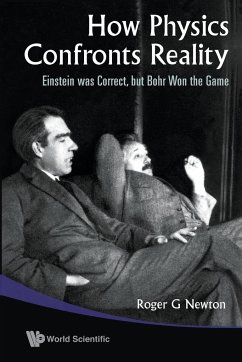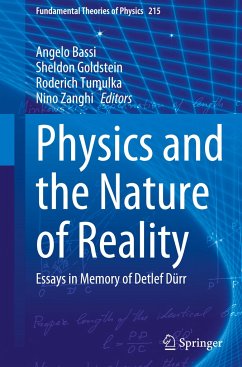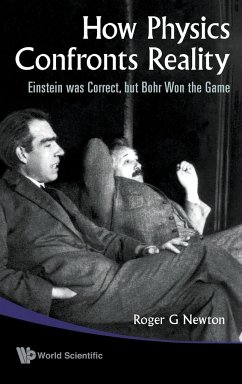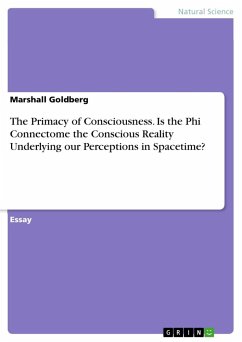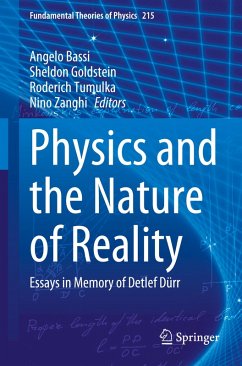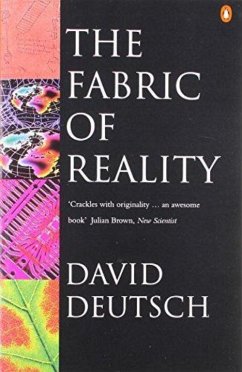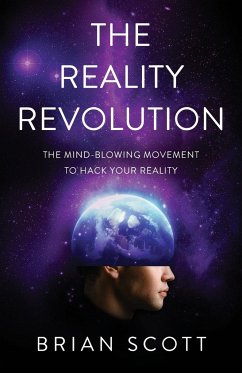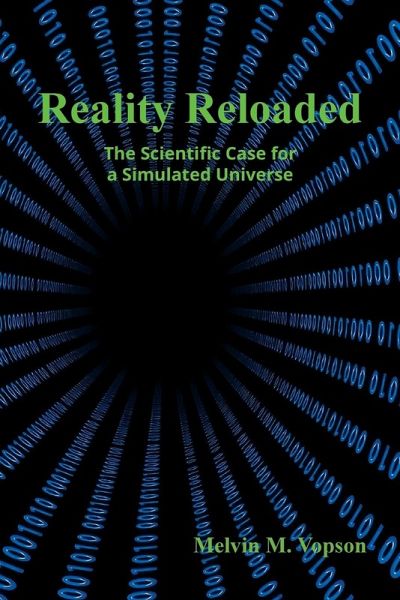
Reality Reloaded
The Scientific Case for a Simulated Universe
Versandkostenfrei!
Versandfertig in 1-2 Wochen
25,99 €
inkl. MwSt.

PAYBACK Punkte
13 °P sammeln!
The book "Reality Reloaded: The Scientific Case for a Simulated Universe" caters to a diverse audience, including scientists, academics, students, and the general public. The simulated universe hypothesis postulates that our reality is a simulated construct, much like a sophisticated computer programme or virtual reality simulation. In this scenario, the physical laws governing our reality are algorithms, and our tangible experiences are simply generated by the computational processes of an immensely advanced system. While inherently speculative, the simulated universe theory has gained tracti...
The book "Reality Reloaded: The Scientific Case for a Simulated Universe" caters to a diverse audience, including scientists, academics, students, and the general public. The simulated universe hypothesis postulates that our reality is a simulated construct, much like a sophisticated computer programme or virtual reality simulation. In this scenario, the physical laws governing our reality are algorithms, and our tangible experiences are simply generated by the computational processes of an immensely advanced system. While inherently speculative, the simulated universe theory has gained traction due to rapid advancements in technology, the emergence of powerful computers capable of running complex simulations, virtual reality applications becoming increasingly sophisticated and immersive, certain philosophical considerations, and recent scientific developments in the field of information physics. Within the scientific community, the concept of a simulated universe has sparked both fascination and skepticism. The key question remains: Can we find scientific evidence to support or refute the simulated universe hypothesis? Answering this key question is the main focus of the book. The author delves into the connections between information science, technological advancements, cutting-edge concepts in physics, and the plausibility of the simulated universe hypothesis, offering unique perspectives and novel scientific arguments that appear to support the hypothesis. The book is very stimulating and invites further research in the fascinating field of information physics.







